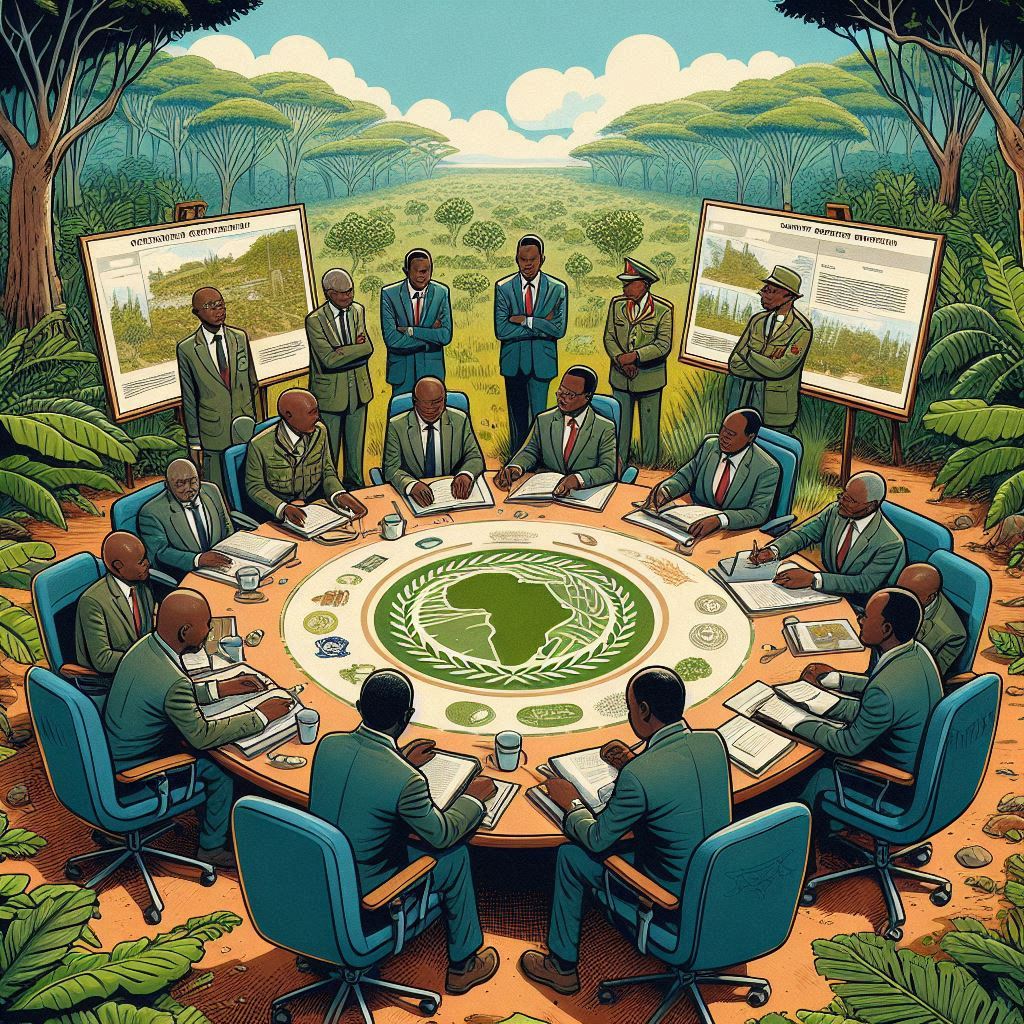Timber Value Chain Actors
In Kenya's timber value chain, the key actors include investors, traders, and consumers, each playing a crucial role in the industry's functioning and sustainability.
Investors provide the capital necessary for the growth and development of the timber industry. They range from private equity firms and institutional investors to individual investors and government agencies. These investors fund the establishment of timber plantations, invest in processing facilities, and support sustainable forestry practices, driving both economic growth and environmental stewardship.
Traders act as intermediaries, facilitating the movement of timber products from producers to end-users. This group includes timber merchants, wholesale distributors, exporters, importers, and brokerage firms. They ensure timber meets quality standards, navigate regulatory requirements, manage logistics, and provide market intelligence, thereby maintaining a steady flow of timber products in the market.
Consumers are the end-users who utilize timber for various purposes. This diverse group includes construction companies, furniture manufacturers, the paper and pulp industry, and DIY enthusiasts. Consumers drive demand, influence market trends, and promote sustainable practices by choosing certified timber products. Their preferences and purchasing behaviors shape the market and support the long-term sustainability of the forestry sector.
Each of these actors plays a vital role in ensuring the efficiency, sustainability, and economic viability of Kenya's timber value chain.
Investors in Kenya's timber value chain are key players who
provide the essential capital needed for various stages of
forestry operations and timber processing. These investors
range from private equity firms and institutional investors
like pension funds and insurance companies to high-net-worth
individuals and government agencies. They are involved in
commercial forestry by funding the establishment and
management of timber plantations, investing in sawmills and
timber processing facilities, and supporting innovative
sustainable practices.
Their involvement not
only helps in the expansion and modernization of the timber
industry but also promotes sustainable forestry practices
that ensure long-term productivity and compliance with
environmental standards. By investing in these areas, they
seek financial returns while contributing to the economic
growth and sustainability of Kenya's forestry sector.
Types of Investors





Traders in Kenya's timber value chain play a critical role
in facilitating the movement and sale of timber products
from producers to end-users. These traders include timber
merchants, wholesale distributors, exporters, importers, and
brokerage firms. They are involved in buying raw timber from
plantations and sawmills, processing it if necessary, and
then distributing it to various markets, both domestically
and internationally.
Traders ensure that timber products meet quality standards
and comply with trade regulations. They provide essential
market intelligence, such as current prices and demand
trends, helping other stakeholders make informed decisions.
By efficiently managing the logistics and transportation of
timber, they help optimize costs and ensure timely delivery.
Through their activities, traders help maintain a steady
flow of timber products, supporting the construction,
furniture manufacturing, and paper industries in Kenya.
Key Functions of Timber Traders





Consumers in Kenya's timber value chain encompass a diverse
group of end-users who utilize timber products for various
purposes. This group includes construction companies that
use timber for building and infrastructure projects,
furniture manufacturers creating home goods and office
furnishings, and the paper and pulp industry producing paper
products. Additionally, DIY enthusiasts and small-scale
carpenters use timber for personal projects and home
improvements.
Consumers drive the demand for
timber, influencing market trends and product development.
They play a crucial role in promoting sustainable and
responsible timber consumption by choosing certified
products that support environmental conservation. By
prioritizing quality and sustainability, consumers help
ensure the longevity and health of Kenya's forestry sector
while meeting their specific needs for reliable and
versatile timber products.
